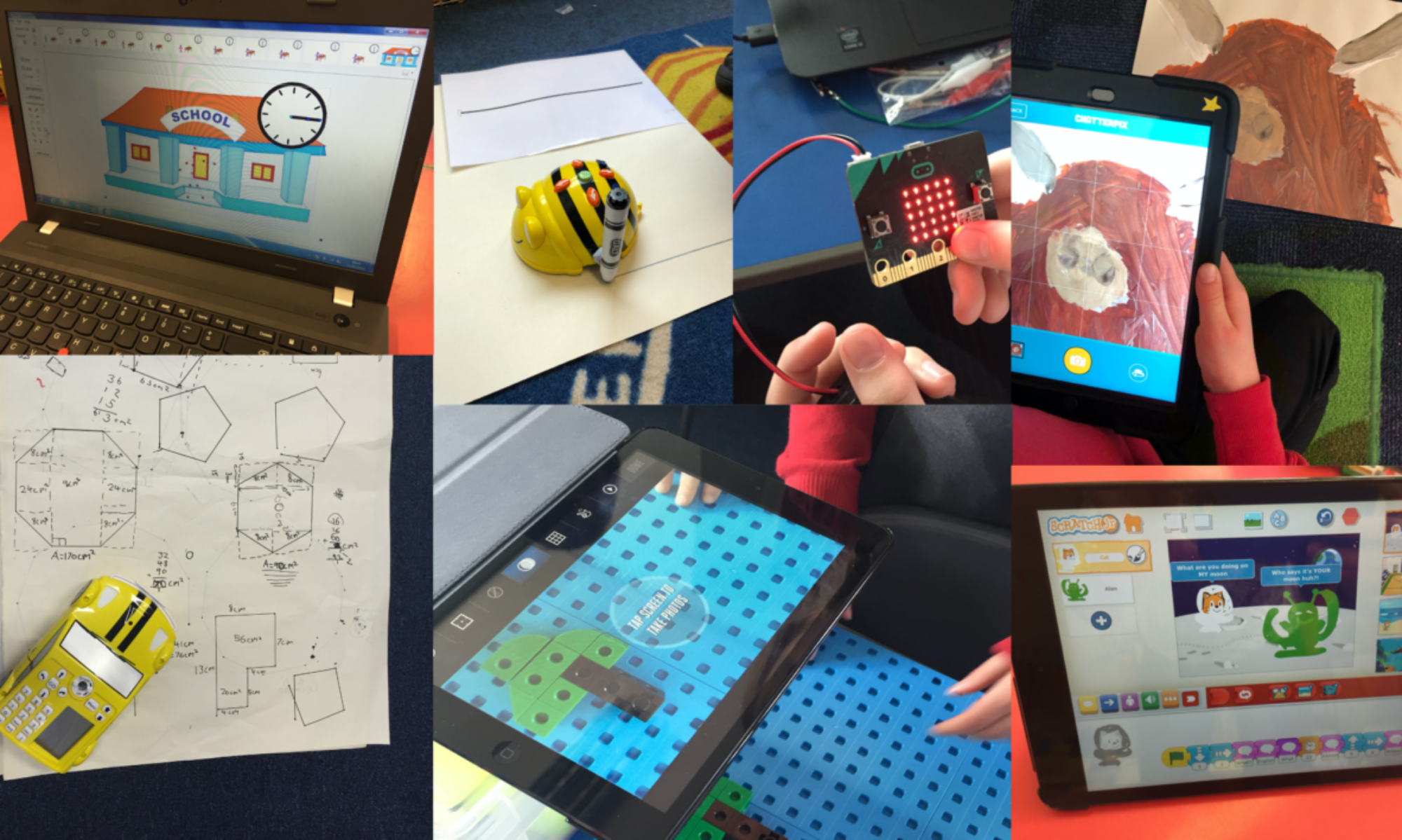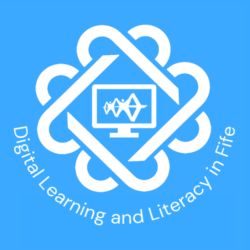| Axis | A number line (as an x-axis or a y-axis) that is part of a coordinate system and along or parallel to which coordinates
are measured on a graph |
| Blog | A regular record of your thoughts, opinions, or experiences that you put on the internet for other people to read |
| Cloud Based Technology | The infrastructure used to provide services within ’the cloud’ |
| CPU | Central Processing Unit often known as the brain of a computer that interprets program commands and executes its instructions |
| Creative Commons | Creative Commons licenses give everyone from individual creators to large institutions a standardized way to grant the public permission to use their creative work under copyright law. A Creative Commons (CC) license is one of several public copyright licenses that enable the free distribution of an otherwise copyrighted “work”. A CC license is used when an author wants to give other people the right to share, use, and build upon a work that the author has created |
| ePortfolio | A digital collection of drawings, designs, or other papers that represent a person’s work |
| File Extension | The file type that is appended to the end of a file name. For example, a file with a .DOC or .DOCX extension is a Microsoft Word document. A file with a .JPG extension is an JPEG image |
| File Formats | The structure of a computer file. There are hundreds of different formats for data (databases, text, images, video, etc.), files can only be opened by software that can read relative formats. These are identified by their file extension |
| File Sharing | The common use, by two or more users, of data and program files, usually located in a file server (cloud) |
| File Structure | How folders and files are organised on a computer to make it easy to find documents later |
| Formulae | Plural of formula – a mathematical rule or principle, frequently expressed in algebraic symbols i.e.. e=mc2 |
| Hierarchy | An organizational structure in which folders and files are ranked according to levels of importance |
| Input | Data transferred from the outside world into a computer system via some kind of input device such as a keyboard, scanner or storage device |
| Legend | An explanatory list of the symbols on a map or graph |
| Malware | A computer program designed specifically to damage or disrupt a system, such as a virus |
| Network Drive | A computer (file server) that provides a location for shared storage of computer files (such as text, image, sound, video) that can be accessed by the workstations connected to a network |
| Output | The data actively transmitted from within the computer to an external device such as a monitor, storage device or printer |
| Peripheral | A device connected to a computer to provide communication (as input and output) or extra storage capacity |
| Personal Identifiable Information | Information that can be used on its own or with other information to identify, contact, or locate someone |
| Plagiarism | The act of plagiarising; taking someone’s words or ideas as if they were your own |
| Search Engine | A software program that searches databases over the internet enabling users to search for items of interest |
| Social Engineering | Also known as “Social Manipulation“. A way to influence people with the goal to illegally obtain sensitive data (i.e. passwords, credit card information). Social Engineers observe the personal environment of their victims and use fake identities to gain secret information or free services. In most cases Social Engineering is used to infiltrate third party computer systems to spy on sensitive data; in that case social engineering is also called Social Hacking |
| Social Media | Websites and applications that enable users to create and share content or to participate in social networking |
| Socialising | To engage in social activities |
| Specification | A detailed, exact statement of particulars, especially a statement prescribing materials, dimensions, and quality of work for something to be built, installed, or manufactured. i.e. coding project for a computer program |
| Sprite | An icon in a computer game which can be manoeuvred around the screen by means of a joystick |
| Spyware | Any software that gathers information about a user as they navigate around the Internet. Spyware is typically installed on a computer without the user’s knowledge or consent |
| Upload | To transfer (data or programs) from a computer or device to a central computer (server) or website |
| Web Literacy | The skills and competencies needed for reading, writing and participating on the web |
| Wiki | A type of website that lets anyone who can access the wiki create and change its pages. The word Wiki is short for WikiWikiWeb. Wikiwiki is a word from the Hawaiian language, meaning “fast“ or “speed”. Wikipedia is one of the most famous wiki’s |


